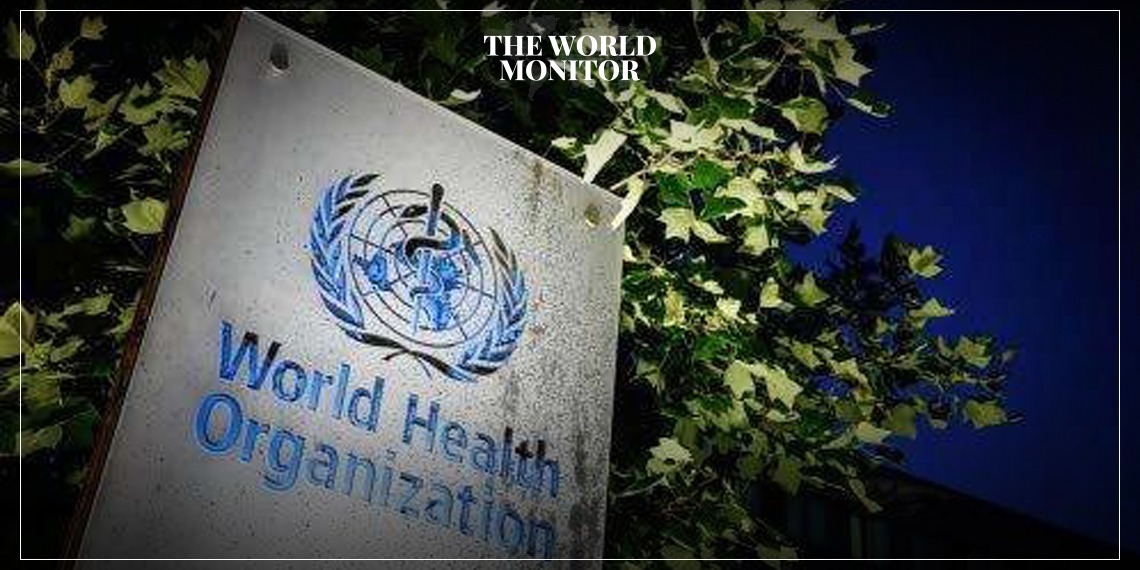A senior official at the World Health Organization (WHO) has raised an alarm over the neglected health crisis in Syria, urging innovative approaches to halt the exodus of medical personnel from the country.
Dr. Hanan Balkhy, WHO Regional Director for the Eastern Mediterranean, emphasized the dire need for better prospects for young doctors, who currently practice medicine under abysmal conditions reminiscent of the fourth century, according to a report by AFP.
Dr. Balkhy visited Syria from May 11 to 16, following her appointment in February. She described the situation upon her return as “catastrophic,” highlighting a “shocking” number of people in need and alarming rates of child malnutrition.
She noted that approximately half of Syria’s healthcare workforce has fled the country. Syria is grappling with “multiple layered crises,” including 13 years of civil war, sanctions, last year’s major earthquake, and a complex geopolitical situation.
Currently, only 65% of hospitals and 62% of primary healthcare centers are fully operational, facing severe shortages of medicines and equipment.
In an interview with AFP, Dr. Balkhy stressed, “We need to think outside the box when it comes to retaining healthcare workers, attracting young professionals, and keeping them engaged in the field.”
She revealed that healthcare workers in Syria earn “very, very low” wages, if they receive any salary at all.
The United Nations has reported over 306,000 civilian deaths in Syria’s civil war.
Dr. Balkhy pointed out the futility of having surgeons without access to operating rooms, anesthesia, professional nurses, or sterilization units. “What good is a surgeon without these?” she questioned.
She continued, “You also need medicines. If you can’t produce or import medicines, doctors are rendered almost powerless.”
“So, either you accept practicing medicine like in the fourth century, using cauterization and leaving patients to their fate, or you try to find innovative solutions,” she added.
Dr. Balkhy stressed the need for such solutions to encourage healthcare workers to stay in or return to Syria, noting that many would do so willingly if they received adequate support.
She lamented that medical students are learning German alongside their studies to prepare for emigration, which she described as a frightening trend for the region.
To retain young doctors, she proposed involving them in research projects and offering publication opportunities, ensuring they feel their work is meaningful and that they have at least the necessary surgical tools.
Dr. Balkhy also highlighted the importance of virtual platforms to keep Syrian doctors connected with the global medical community, as travel to international conferences is not feasible for them.
Regarding medicines, she suggested supporting local production of essential items like painkillers, antibiotics, and antihypertensives to treat “silent killers.”
During the WHO Executive Board meeting in Geneva, Dr. Balkhy noted that power outages in Syria have more significant health impacts than people realize. She reported a high number of burn injuries because residents burn various materials—tires, plastic, fabric—to cook and heat their homes, leading to house fires and respiratory issues.
“Children and civilians bear the brunt in unimaginable ways,” she said.
Dr. Balkhy urged donor countries to separate politics from health and renew their commitment to humanitarian funding for Syria. “When you look deeply at the root causes of the damage, many are preventable,” she concluded.






